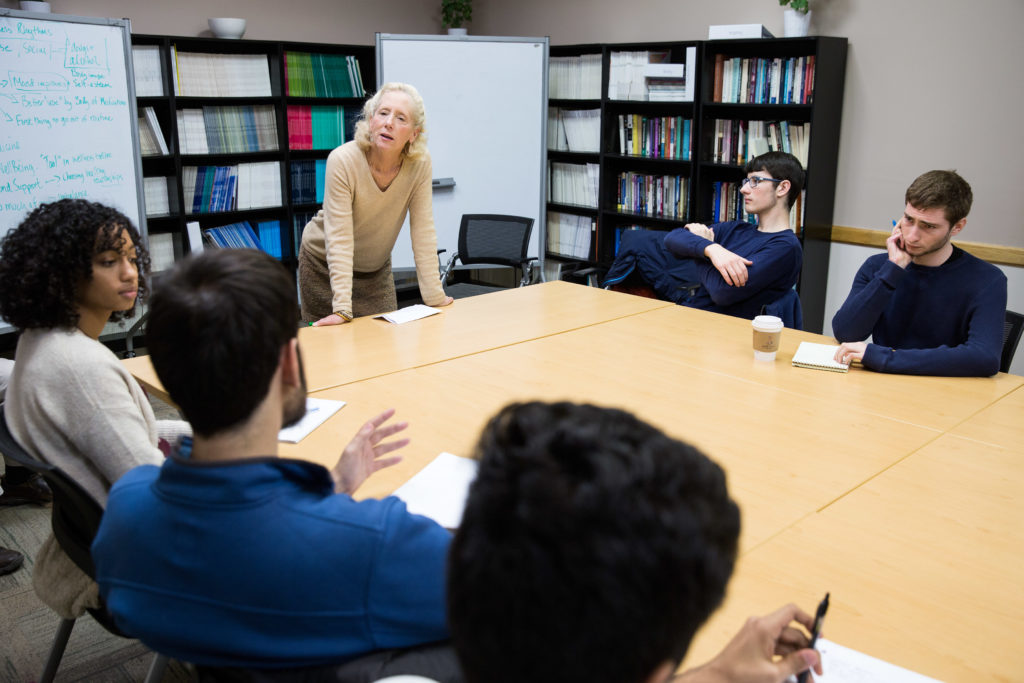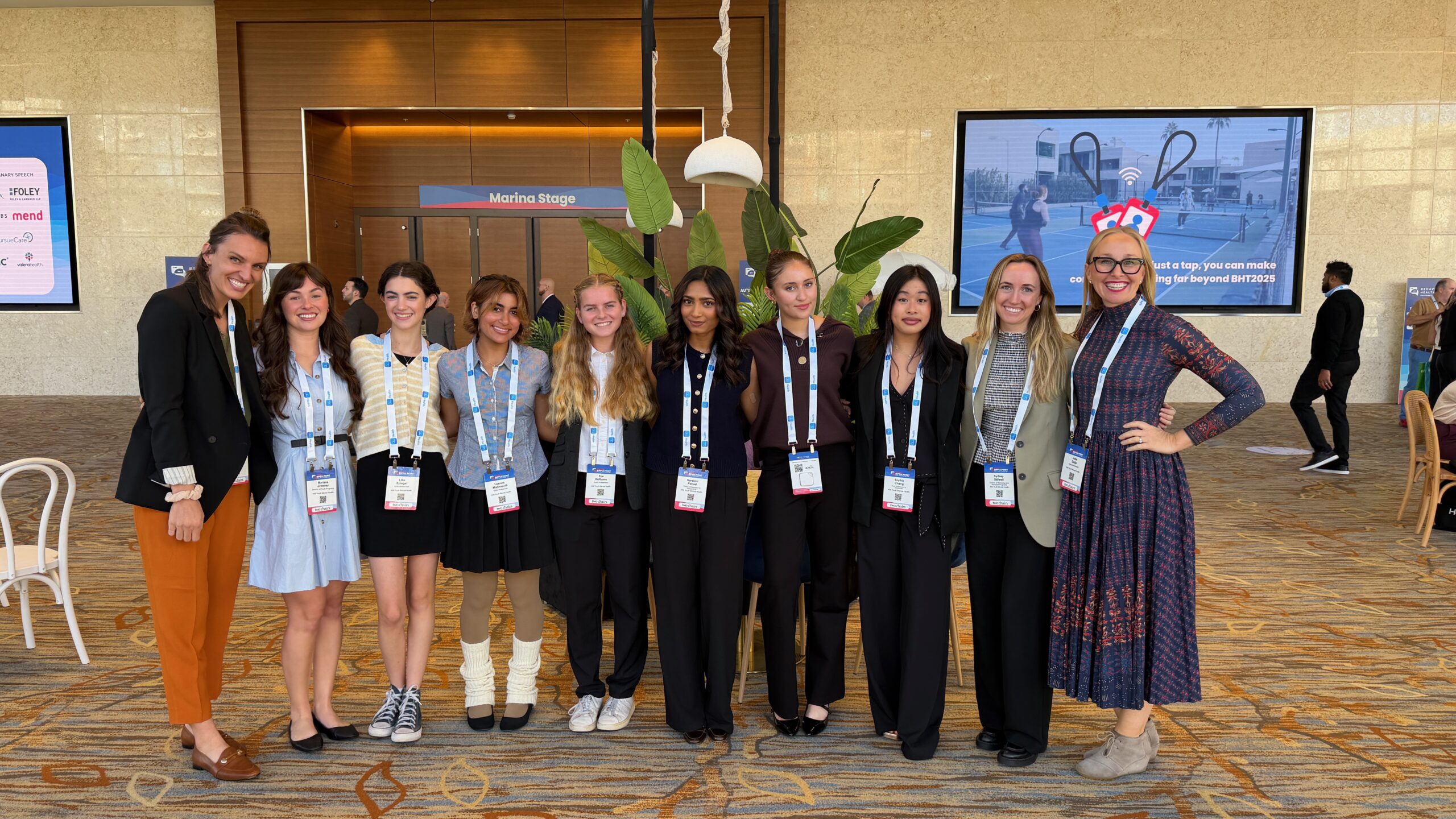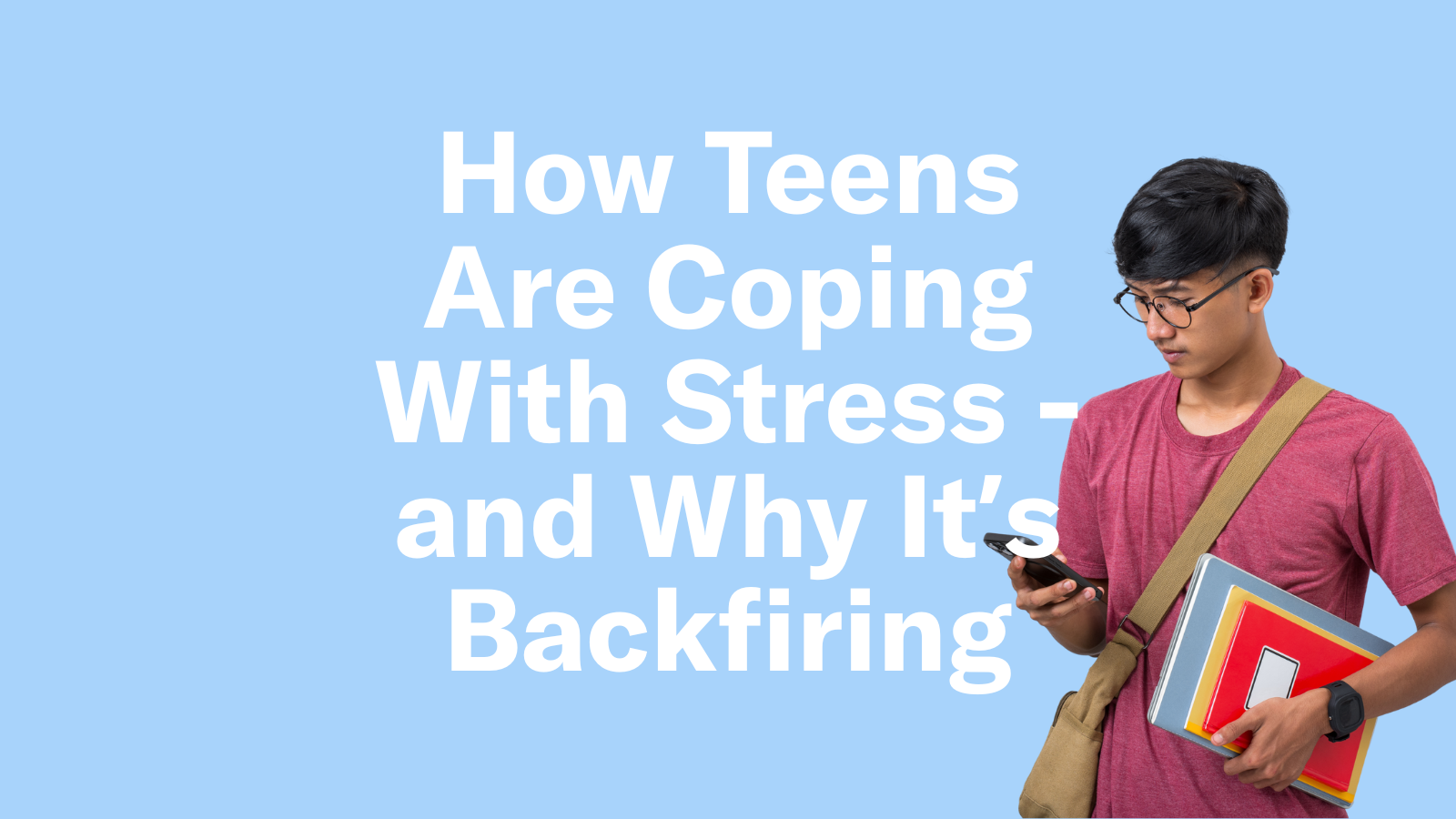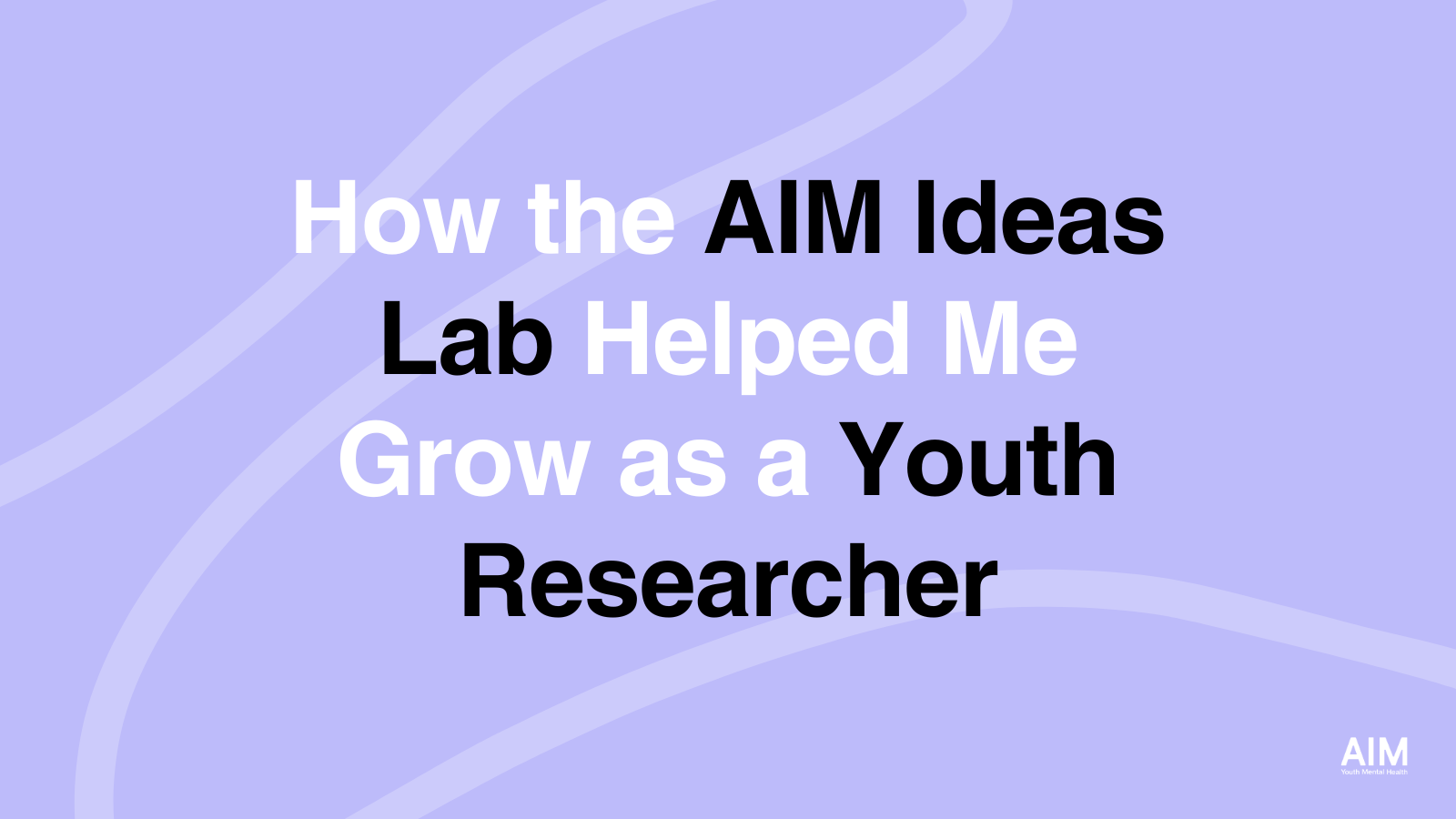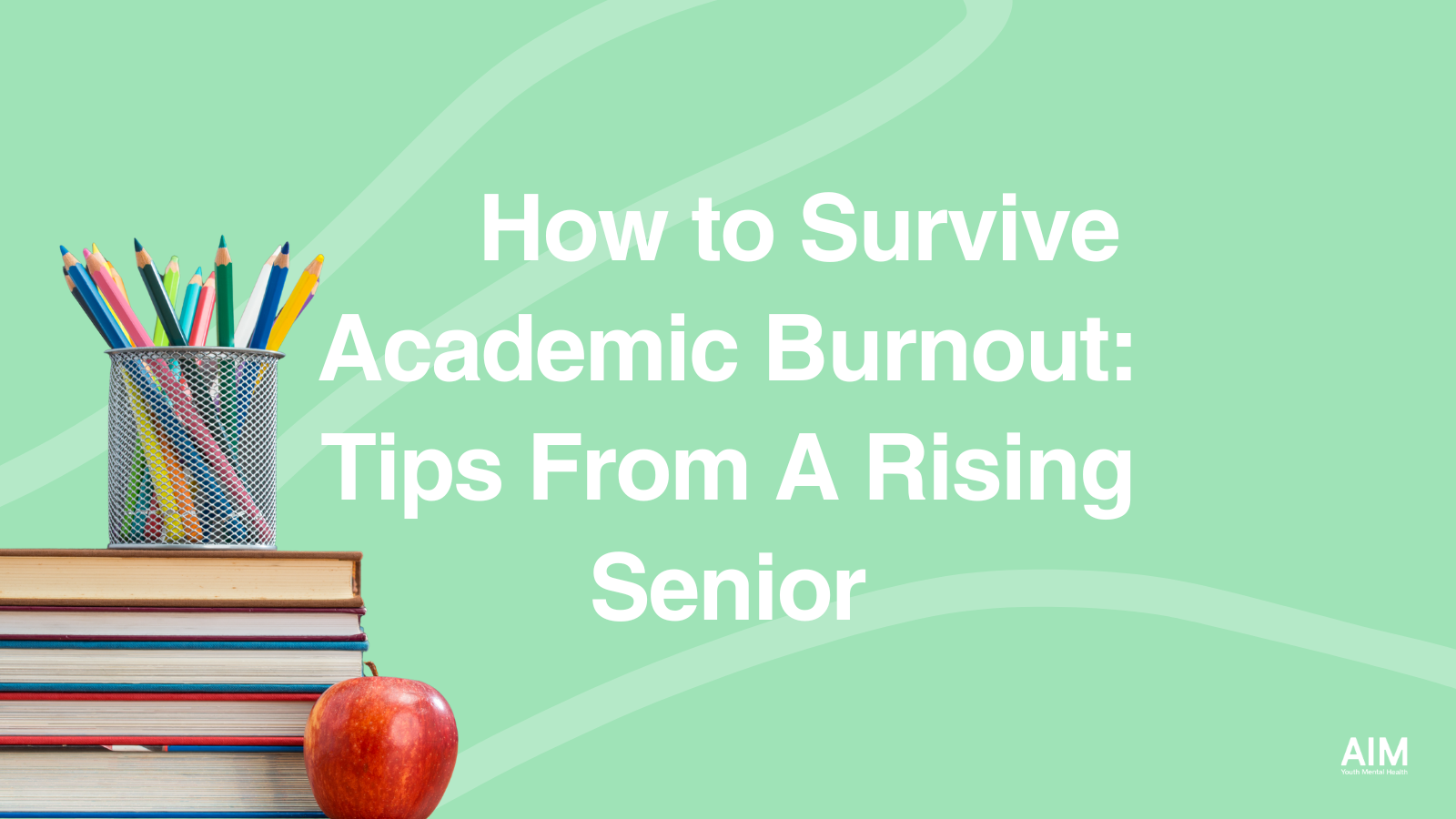by MEGAN THIELKING | DEC 19 2017
BOSTON — Evan Jones was excited when he signed up for a contemporary art class at community college. Then the professor announced the course would focus heavily on class participation.
“That was the first class that I dropped,” he said.
Jones’s persistent, severe anxiety has shadowed him for years. He’s struggled to pipe up in class and to make friends. His anxiety was so acute, he left high school; after getting his GED, he has bounced around, taking classes at three colleges over the past five years. He blamed himself every time he dropped a class.
“I’ve never really found the right place for me,” he said.
Then he found a program that promised to do what every other school had failed at: support him as a whole person, not just try to push him through credit after credit.
For the past three years, Boston University has offered one of the few programs in the nation dedicated to teaching students who have had to leave college the coping skills that will give them a shot at getting back into school or work while managing severe anxiety, depression, and other serious mental health conditions.
For Jones, 24, who has a sharp mind for technology and a striking openness about his struggles, it was much-needed shot at figuring out a future for himself.
“We were running out of options for him. This is exactly what he needed,” his dad, Jeremy Jones, said.
The semester-long program takes its name from the Latin word niteo: to thrive.
Continue reading the full article here.
